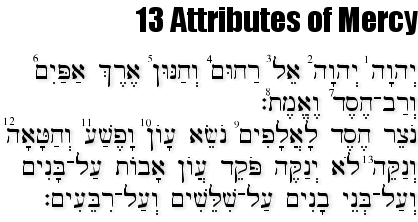BS’D
Today’s Daily Dose of Emuna is dedicated L’iluy nishmat R’Kehas ben R’Avraham Yitzchak z’l. May his neshama bask in the Divine radiance together with all of the tzaddikim who have departed from this world, Amen.
The culmination of the Yamin Noraim is Simchat Torah. It is customary to open the tefillot of Simchat Torah with the passuk (Devarim 4:35): “You have been shown, in order to know that Hashem is G-d; there is none else besides Him.” From here we learn that the entire purpose of the Chagim and all of our avodah is to implant into our consciousness ‘Ein Od Milvado.’
The following parable describes the importance of remembering that Hashem is always with us:
A doctor was asked to work night shift in a hospital ward that cares for the terminally ill. He was fresh out of medical school. He was told that due to a shortage of doctors he would have to work his shift on his own. He was greatly concerned that he would not be able to properly tend to the patients on his own. When he aired his concerns to the head doctor the reply was, “Most probably it will be a quiet night. However if it becomes over whelming for you to handle, immediately call for assistance.”
From the onset of his shift he already experienced difficulty in tending to the needs of the sick. Patient after patient began to complain as the doctor lacked the medical knowledge to treat them and handle such dire illnesses on his own. As a result one of the patients died when he did not receive his vital medication in time.
The doctor was sued for medical negligence. His defense, “I performed my duty as a doctor with every bit of strength and care that I possessed. I gave my maximum to those patients. I ran from room to room, from floor to floor and didn’t rest the entire night. How can I be blamed for not having enough time to attend to the patient or for failing to make the right medical decisions? It was humanly impossible for me to do any more than I did.”
The judge then replied, “But weren’t you told to call for assistance in such a case where it became too much for you to handle alone? Who asked you to manage without help? The reason you are found guilty is because you didn’t ask for assistance as you were instructed to do in such a case.”
This is what Hashem will tell us on the Day of Judgment – “I understand that you faced many difficulties in life and it was challenging to cope with them. Who asked you to tackle them alone? Weren’t you taught that you could always reach out and ask Me for help – anytime, anywhere, no matter what? All you had to do was call out to Me, ‘I can’t handle it, I need Your help!’ I would have then come to your aide and directed you how to manage is such a situation.”
We cannot live our lives without Hashem in our lives. We do not have the strength or knowledge to choose which path is the correct. Therefore we are instructed to yell out, “Aba, please help!”
Ein Od Milvado – the reality that Hashem is always with us and there to help when we call His name is not just ‘Bubbly talk’. It is real. Hashem wants us to ask for help since He knows we cannot make it through life without Him! That is one of the most important lessons of the High Holidays. And of Jewish life…








